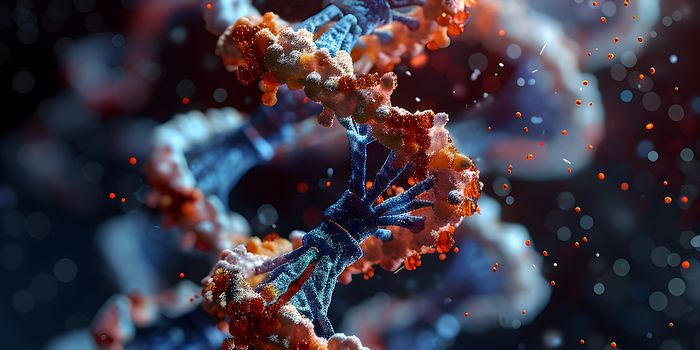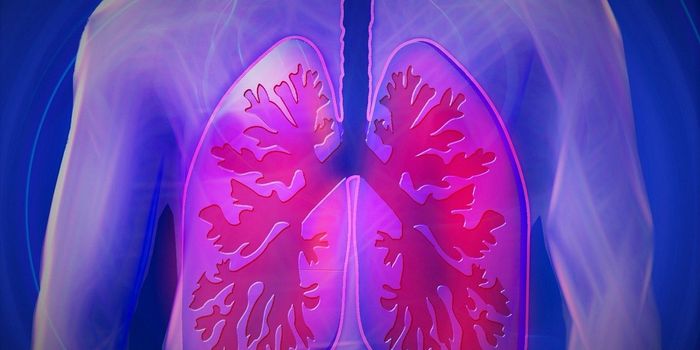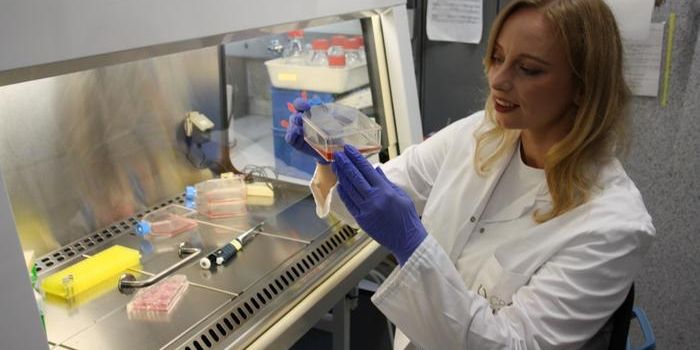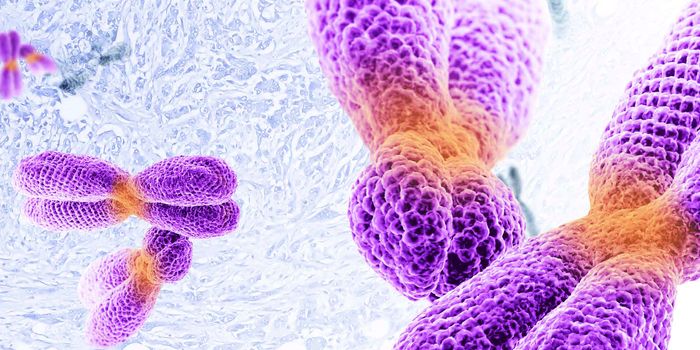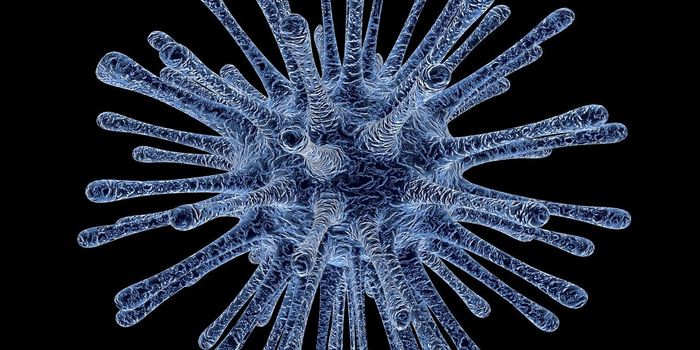Developing Methods to Predict Breast Cancer Recurrence
Recurrent cancer develops when undetectable cancer cells remain in the body following treatment. Cancer recurrences can grow out of a small number of cancer cells that were not entirely removed or destroyed by the initial treatment regimen. Because there are so few remaining cells, they often won’t show up on standard screening, monitoring, and follow-up tests. Unfortunately, this can result in the shocking and fear-provoking return of cancer thought to be eliminated.
The rate of breast cancer recurrence differs based on many factors, including the type of cancer, initial treatments received, and the patient’s demographics and comorbidities. The fear of recurrence is undoubtedly an overwhelming concern for many cancer survivors and their families. As is the case with many types of cancer, early detection of a breast cancer recurrence will provide a patient with the best effective treatment options. To prevent the challenges involved with cancer recurrence, predicting patients at high-risk of could allow doctors to provide more specific and personalized monitoring approaches for early detection of cancer recurrence.
A recent study published in the Journal of the National Cancer Institute detailed breast cancer recurrences occurring up to 32 years following initial diagnosis. This study characterized some factors, including increased lymph node burden and large tumor size, highly associated with late recurrence. The authors of this study indicated that an emphasis on surveillance and screening might help detect these recurrences earlier.
Another recent report published in Scientific Reports details novel technology allowing doctors to examine a type of breast cancer tissue that is usually challenging to evaluate. The researchers focused on the mammary epithelial tissue, which is made up of cells involved in the development of breast cancer.
Mammary epithelial cells make up a thin layer of tissue lining the ducts which produce milk during lactation. If the mammary epithelial cells grow uncontrolled, ductal carcinoma in situ (DCIS) arises. DCIS is considered a pre-cancerous condition, but if these cells continue to progress and invade tissues beyond the epithelium, invasive intraductal breast cancer, the most common type of breast cancer, develops. The researchers sought to evaluate the breast epithelial cells for factors associated with recurrence to provide a blueprint for doctors to better predict patients at high risk of recurrence.
Epithelial cells are inherently challenging to study as they grow slowly in culture and can be difficult to separate from other, faster-growing cells found in proximity. This challenge prompted using a novel technique called epithelial-specific conditionally reprogrammed cells (CRC). This method allowed the research team to explore the gene expression of the epithelial cells by transcriptional profiling, which quantifies various genes at the RNA level.
The researchers examined non-cancerous mammary tissue from breast cancer patients to represent tissue at high risk of developing breast cancer. The analysis revealed that the cells from high-risk tissue are distinct in both behavior and gene expression profile. Notably, some of the impacted genes are linked to known breast cancer prognostic factors. While the current study did not include long-term observations to correlate specific gene signatures with recurrence or other outcomes, the authors suggest that discrimination of gene expression could be further developed to predict breast cancer recurrence.
Sources: J Nat Cancer Inst, Scientific Reports, Nature Protocols


